10 of 12 Congressional Leaders Offered Access to Less-Redacted Mueller Report Haven’t Bothered to Read It
Six Democrats are boycotting on principle. Four Republicans don't care.
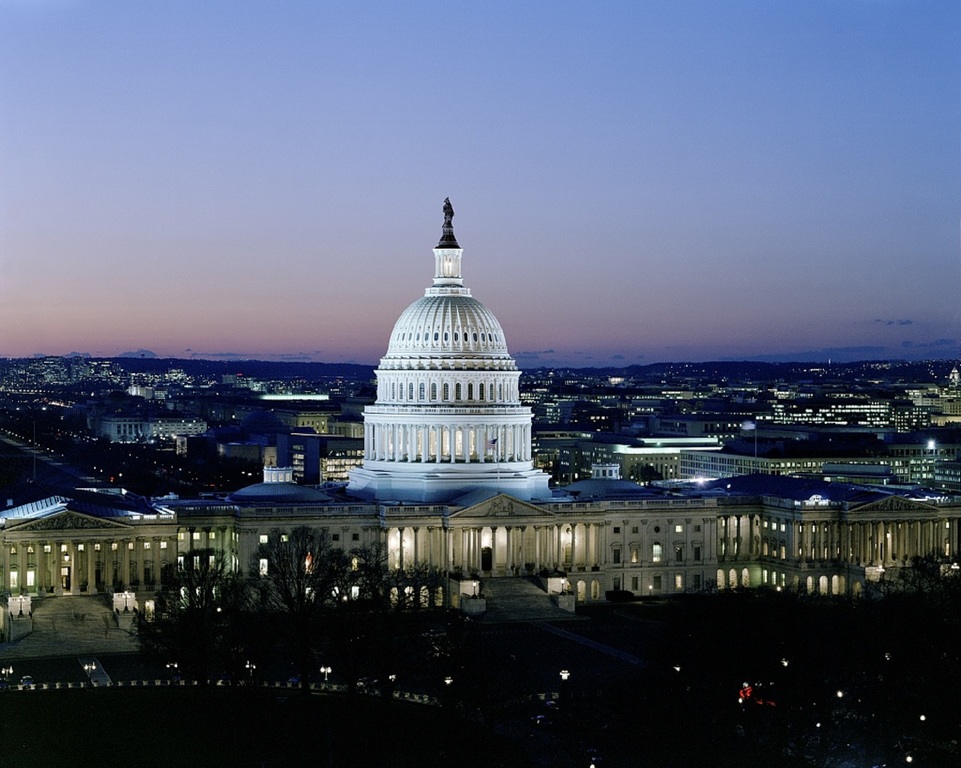
POLITICO has revealed an odd tidbit about Congressional access to a “less redacted” version of the Mueller report.
On the eve of Attorney General William Barr’s testimony on a redacted version of special counsel Robert Mueller’s report, only two lawmakers have set eyes on secret information that Barr withheld from public view.
Barr offered access to a less-redacted version of the report to just 12 members of Congress — six Democrats and six Republicans. But as of Tuesday afternoon, only Rep. Doug Collins, the top Republican on the House Judiciary Committee, and Sen. Lindsey Graham, chairman of the Senate Judiciary Committee, opted to view it. A third, Senate Majority Leader Mitch McConnell said he planned to review the report later Tuesday.
[…]
The six Democrats to whom Barr offered access to the report boycotted en masse, complaining that Barr should have provided a fully unredacted report to a broader set of lawmakers investigating Trump’s conduct. House Judiciary Chairman Jerry Nadler has subpoenaed Barr and the Justice Department for the full report and Mueller’s underlying evidence. The deadline for compliance is May 1.
When Barr released the public version of Mueller’s report earlier this month, he withheld four categories of material: classified information, material related to ongoing investigations, information that could damage the reputation of “peripheral third parties” and evidence collected by Mueller’s grand jury. Barr’s less-redacted report for the 12 lawmakers allowed them access to each category except grand jury material.
Under the terms offered by Barr, each lawmaker granted access would also be allowed to designate one staff member to view the report. The report was made available at Justice Department headquarters last week and is available for lawmakers and aides to review in a secure room on Capitol Hill this week. Information could not be shared with other lawmakers.
“While the Department will permit notetaking, the Department asks that all notes remain at the Department in its secure facility,” Assistant Attorney General Stephen Boyd wrote to lawmakers earlier this month, outlining the terms of their access. “Department officials will transfer notes to and from Capitol Hill for in camera review sessions that take place there.”
[…]
In addition to Collins, Graham and McConnell, Barr offered access to the report to Speaker Nancy Pelosi, House Minority Leader Kevin McCarthy and Senate Democratic Leader Chuck Schumer.
Others granted access include the top Democrats on the House and Senate judiciary committees, Nadler and Sen. Dianne Feinstein of California, and the leaders of the House and Senate intelligence committees: Rep. Adam Schiff (D-Calif.), Rep. Devin Nunes (R-Calif.), Sen. Richard Burr (R-N.C.) and Sen. Mark Warner (D-Va.).
— “Just 2 lawmakers have seen less-redacted Mueller report“
Since his initial release of the four-page summary—which most objective analysts agree was politicized to spin the findings in a way more favorable to President Trump than was warranted—I have argued that Barr should have provided access to the full, unredacted report to precisely the people to whom he ultimately provided access. That he is still withholding grand jury information would arguably be reasonable had he conducted himself to date in a manner which left his integrity and judgment unimpeachable. Alas, he hasn’t.
The Democratic leaders are, therefore, right in demanding access to the unredacted report. Still, it’s bizarre, indeed, that they are refusing, as a matter of principle, to at least send staffers to look at the “less redacted” version on offer. The more information they have and the sooner they have it, the better.
As the the two Republicans who have viewed it:
Collins and Graham told POLITICO that what’s underneath the redactions has no bearing on Mueller’s conclusions: that there wasn’t enough evidence to charge any American with conspiring with Russians to influence the 2016 presidential election and that Justice Department guidelines prevented Mueller from reaching a legal conclusion on whether President Donald Trump obstructed Justice.
“It didn’t change anything,” Collins said. “Some of the redactions could actually be implied from other parts of the report that were not redacted.”
Graham, whose committee will hear from Barr on Wednesday, said he wasn’t clear why some of the information was redacted at all. Like Collins, Graham said that after viewing it, “nothing changed for me.”
“I don’t know why they redacted half of what they redacted,” he added.
Alas, I no longer trust Graham’s word.
The four Republicans who haven’t viewed it, presumably, wouldn’t do anything with the information, anyway. Senate Intelligence Committee chair Richard Burr told POLITICO, “I trust what Barr put forward” and “I’m satisfied right now with what I know.”

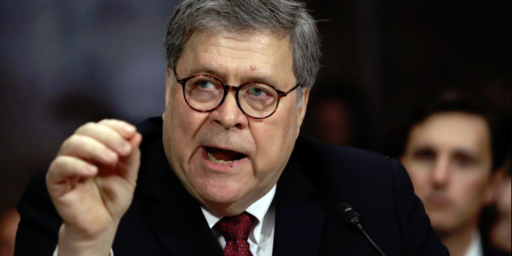
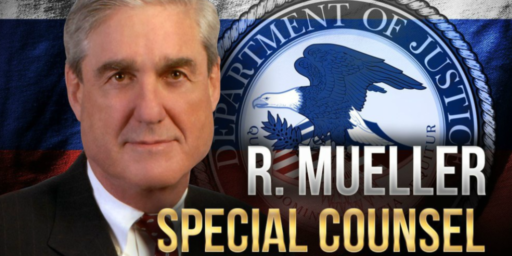

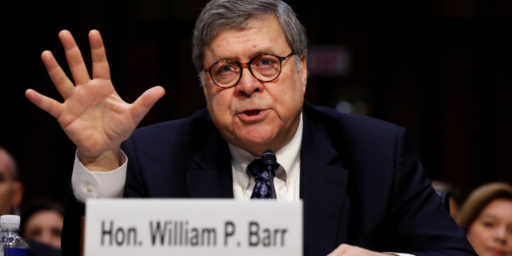
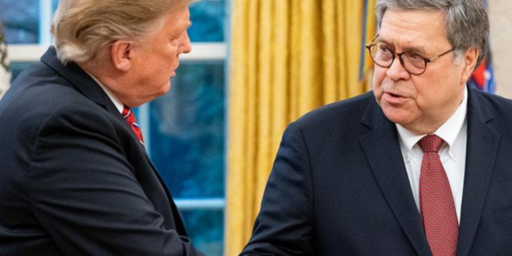
https://m.youtube.com/watch?v=cqhLO3SRyXU
AG Barr is not withholding grand jury information. The redactions are to comply with the laws of the United States regarding the release of grand jury information. AG Barr has no authority to release grand jury information. President Trump has no authority to release grand jury information. It can only be released by a federal judge after a hearing to determine if the release is permitted under one of the exceptions.
Although, Congressional Democrats do have a path to having grand jury information unredacted, that is to pass legislation that alters the law governing the release of grand jury information so that the information in the Mueller report qualifies as one of the release exceptions.